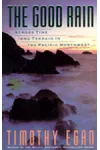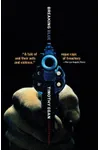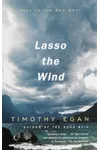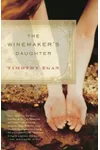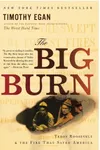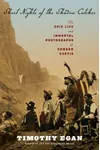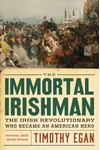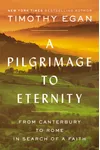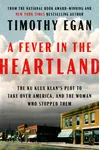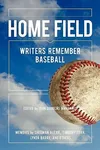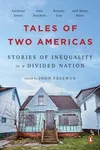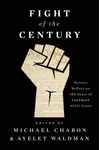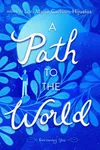Picture a storyteller who spun the Dust Bowl’s grit and Teddy Roosevelt’s fiery legacy into page-turning gold—meet Timothy Egan! A Pulitzer Prize-winning journalist and National Book Award recipient, Egan has carved a niche as America’s preeminent chronicler of history, blending vivid narratives with sharp insights. His books, like The Worst Hard Time and The Big Burn, don’t just recount the past; they make it pulse with relevance, drawing parallels to today’s environmental and social challenges.
Born in Seattle, this third-generation Westerner’s love for storytelling was sparked by a mother who cherished books and a father with an Irish knack for finding joy in the small stuff. From his early days at The New York Times to bestselling author, Egan’s journey is a tale of grit, curiosity, and a knack for unearthing forgotten stories.
The Making of Timothy Egan
Timothy P. Egan, born November 8, 1954, grew up in a bustling family of nine in Spokane, Washington. His mother’s passion for history and literature, paired with his father’s gift for storytelling, set the stage for Egan’s future. After a meandering seven years at the University of Washington, where he wrote for The Daily alongside future Pulitzer winners, Egan honed his craft. His early career at the Seattle Post-Intelligencer and later as a New York Times correspondent covering the Pacific Northwest cemented his love for the American West’s landscapes and stories. A 2001 Pulitzer Prize for the series “How Race is Lived in America” showcased his ability to tackle complex issues with nuance.
Timothy Egan’s Unforgettable Stories
Egan’s books are like time machines, immersing readers in pivotal American moments. The Worst Hard Time (2006), a National Book Award winner, chronicles the Dust Bowl’s devastation through the eyes of stoic families battling blinding dust storms. Walter Cronkite called it “can’t-put-it-down history,” and it inspired Ken Burns’ documentary The Dust Bowl. The Big Burn (2009) dives into the 1910 Great Fire that scorched three million acres, shaping the U.S. Forest Service and Theodore Roosevelt’s conservation legacy. It’s a New York Times bestseller and the basis for a PBS documentary. Short Nights of the Shadow Catcher (2012) celebrates photographer Edward Curtis, earning the Carnegie Medal for its vivid portrayal of a man preserving Native American culture. His latest, A Fever in the Heartland (2023), exposes the Ku Klux Klan’s 1920s rise in Indiana, hailed as a gripping historical thriller. Egan’s style—lyrical, character-driven, and rich with environmental and social commentary—makes history feel urgent and alive.
His New York Times columns, from politics to the environment, are equally compelling, consistently ranking among the paper’s most-read pieces. Egan’s ability to weave historical lessons into modern contexts, like climate change or social division, keeps his work timeless.
Why Timothy Egan Matters
Egan’s impact transcends the page. His books are classroom staples, sparking discussions on resilience, conservation, and justice. Documentaries like The Dust Bowl and The Big Burn, where he’s a prominent voice, bring his stories to wider audiences. By spotlighting unsung heroes and forgotten crises, Egan reminds us that history “doesn’t repeat, but it rhymes,” urging readers to learn from the past. His honors—Pulitzer, National Book Award, and multiple Washington State Book Awards—reflect his storytelling prowess, but it’s his ability to make readers care that cements his legacy.
- Birth Date: November 8, 1954
- Key Works: The Worst Hard Time, The Big Burn, A Fever in the Heartland
- Awards: Pulitzer Prize (2001), National Book Award (2006), Carnegie Medal (2013)
Snag The Worst Hard Time or A Fever in the Heartland and dive into Timothy Egan’s gripping world of history and heart!
